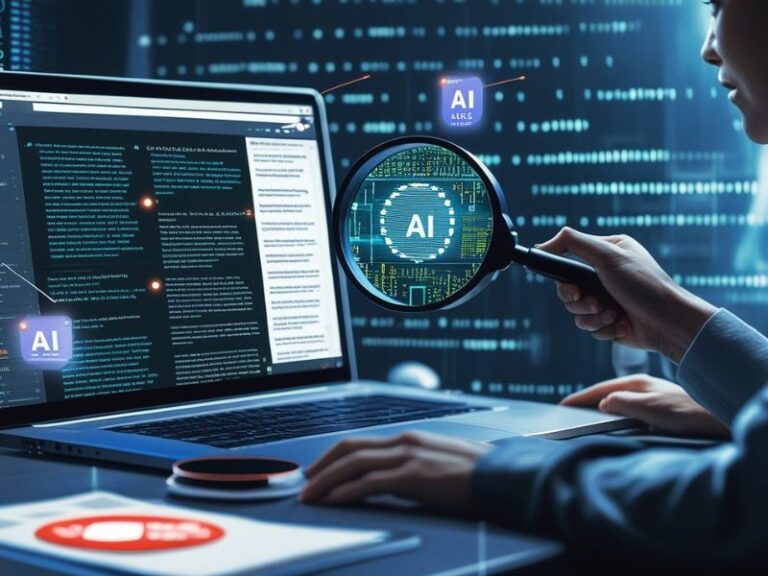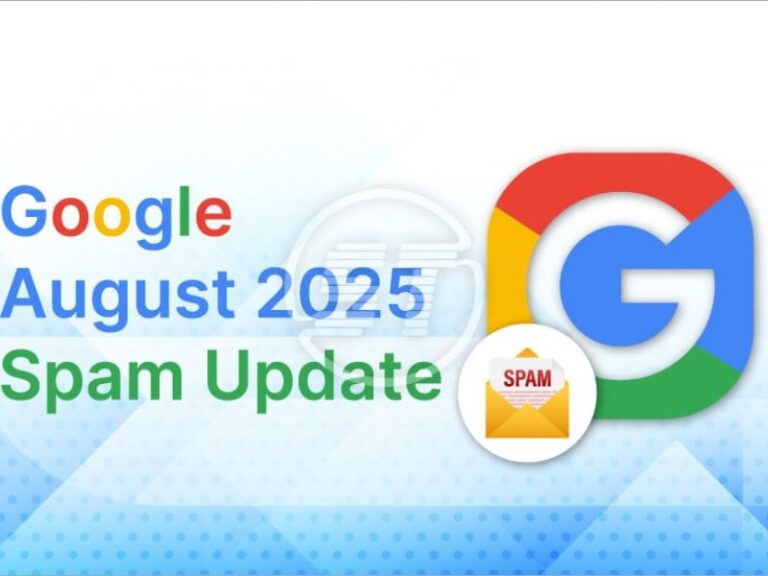A new report has stirred discussions across the tech world by revealing that ChatGPT, the widely popular AI tool, often leans on Google search to deliver its real-time answers. While many users assume the chatbot independently generates responses using its internal training data, this discovery sheds light on how modern artificial intelligence connects with search engines to provide accurate, timely information. The revelation not only changes public perception of AI models but also underscores the importance of human-verified resources in shaping the quality of responses.
The Growing Role of ChatGPT in Everyday Life
ChatGPT has become a household name in recent years, playing a pivotal role in reshaping digital interactions. From answering quick questions to generating professional content, people increasingly rely on ChatGPT to simplify tasks. However, with the recent disclosure about its reliance on Google search, many are beginning to wonder how much of its knowledge is based on independent AI reasoning and how much is derived from real-time data integration. Understanding this distinction is essential for anyone using ChatGPT daily, whether for personal tasks or professional projects.
Why Users Trust ChatGPT
The appeal of ChatGPT lies in its ability to mimic human-like conversation, provide contextual answers, and simplify complex ideas. Transitioning smoothly between topics, the AI tool feels like a knowledgeable companion that can adapt to different scenarios. People trust ChatGPT because it delivers responses quickly, offers personalized explanations, and often presents information in a clear and concise way. Yet, this trust raises critical questions now that its dependence on Google search has come to light.
Balancing Convenience and Accuracy
While convenience is a strong reason for its widespread adoption, accuracy is just as crucial. By incorporating real-time Google search results, ChatGPT aims to bridge the gap between static knowledge and current updates. This balancing act demonstrates why people continue to rely on ChatGPT, but it also highlights a potential vulnerability: if search results are misleading or biased, the AI could unintentionally echo those flaws.
How ChatGPT Uses Google Search in Real Time
At its core, ChatGPT operates on vast training data, but it cannot inherently “know” everything happening after its last update. This limitation makes real-time information a challenge. To overcome this, ChatGPT often leverages Google search to supplement its responses with fresh insights. By doing so, it delivers answers that feel up to date while maintaining its conversational flow. This process reveals the growing synergy between AI systems and established search engines.
The Technical Side of Integration
ChatGPT’s architecture is designed to process language patterns rather than directly store facts. When users pose queries about current events, trending news, or rapidly changing industries, ChatGPT turns to Google search. Once the results appear, the AI filters and synthesizes them into a natural response. Transition words such as “therefore,” “however,” and “meanwhile” help structure the explanation, giving users a seamless experience. This integration reflects how advanced algorithms and traditional search platforms are coexisting in the digital age.
Challenges in Accuracy and Verification
Although Google search provides vast amounts of data, not every piece of information is accurate or reliable. ChatGPT faces the task of discerning credible sources while avoiding misinformation. In practice, this means the AI must evaluate website authority, relevance, and user intent before presenting an answer. While this process enhances response quality, it also introduces challenges since even highly ranked search results can be flawed.
The Impact of ChatGPT’s Search Dependency on Users
The revelation that ChatGPT often relies on Google search has significant implications for users worldwide. People depend on the AI not only for casual inquiries but also for professional decision-making. Whether it involves financial markets, health advice, or academic research, understanding the mechanism behind the chatbot’s answers is crucial. Knowing that responses might stem from external search engines helps users remain critical and informed when interpreting the results.
Benefits of Search Integration
The advantage of combining AI with Google search lies in its ability to deliver fast and accurate updates. For instance, when users ask about stock prices, current events, or product releases, ChatGPT can provide immediate insights without waiting for future training updates. This makes the AI particularly valuable in industries where timeliness is critical. Furthermore, by streamlining search results into conversational answers, it saves users the trouble of browsing multiple web pages.
Limitations That Users Should Consider
Despite its strengths, ChatGPT’s reliance on search integration has limitations. One issue is transparency—users are rarely told when information comes directly from Google search versus internal training data. Another concern is over-reliance, as people may accept AI-generated answers without cross-checking sources. To maximize the benefits, users should approach ChatGPT with curiosity but also verify important details independently.
The Future of ChatGPT and Search Engine Collaboration
As artificial intelligence continues to evolve, the relationship between ChatGPT and search engines will likely deepen. Google itself is experimenting with AI-driven search tools, while OpenAI refines ChatGPT’s ability to merge conversational context with real-time data. This collaboration points toward a digital ecosystem where AI and search engines coexist, each enhancing the other’s capabilities.
Shaping the Next Generation of AI Tools
The ongoing integration of ChatGPT with search technology will influence how future AI systems operate. Instead of merely being repositories of past data, these systems will function as dynamic platforms capable of continuous learning. Transitioning from static knowledge to fluid updates will make AI tools more relevant in a rapidly changing world. This progress also encourages tech companies to prioritize transparency and reliability in their offerings.
Ethical Considerations Moving Forward
As with any technological shift, ethics plays a vital role in shaping outcomes. Developers must ensure that ChatGPT does not unintentionally amplify biased or harmful content from search engines. Clear disclosure about data sources, responsible filtering, and user education are necessary steps to maintain trust. By addressing these issues proactively, AI developers can build systems that are both powerful and ethical.
Why the Report Matters for the Tech Industry
The report revealing ChatGPT’s reliance on Google search serves as a wake-up call for the tech community. It forces companies, researchers, and users to rethink how AI should be built and deployed. More importantly, it shows the limits of current AI models while opening conversations about the future of real-time intelligence. In a world where accuracy and timeliness matter, acknowledging the role of search integration is critical.
Transparency and Accountability
For the tech industry, transparency is no longer optional. Users deserve to know how their tools operate, especially when those tools influence decision-making. By admitting its use of Google search, ChatGPT exemplifies a step toward greater openness. This move could inspire other AI companies to disclose their methods, fostering a culture of accountability.
Competitive Landscape and Innovation
The intersection of ChatGPT and Google search also signals a competitive landscape where companies must innovate to stay relevant. Tech giants like Microsoft, Google, and OpenAI are all racing to develop AI models that deliver superior results. This competition encourages progress, pushing the boundaries of what AI can achieve while also raising questions about monopolies and market control.
How Users Can Adapt to the New Reality
For everyday users, the report offers valuable lessons in digital literacy. Instead of blindly accepting answers, people should learn to approach ChatGPT with a critical mindset. By combining AI-generated insights with their own judgment, users can harness the strengths of ChatGPT while avoiding potential pitfalls. This approach empowers individuals to make better decisions, whether in education, business, or personal life.
Practical Tips for Using ChatGPT Wisely
- Always verify critical information with trusted sources.
- Use ChatGPT for idea generation but cross-check facts independently.
- Be mindful of how search engine biases can influence AI answers.
- Recognize the difference between general knowledge and real-time updates.
- Encourage discussions about AI transparency in your community.
Building Digital Resilience
Digital resilience means being equipped to navigate the complexities of an AI-driven world. By understanding how ChatGPT functions and where its answers come from, users can avoid misinformation while still benefiting from cutting-edge technology. This resilience becomes a crucial skill in an era where artificial intelligence and human judgment increasingly overlap.
Conclusion
The revelation that ChatGPT often relies on Google search for real-time answers reshapes how we view artificial intelligence. Rather than being an all-knowing entity, ChatGPT is a sophisticated system that blends internal knowledge with external resources to provide timely, useful responses. This integration enhances its capabilities but also requires users to remain critical and informed. As AI and search engines continue to evolve together, the future promises more accurate, transparent, and responsible digital tools. For now, understanding the mechanics behind ChatGPT is the first step toward using it wisely in both personal and professional contexts.






